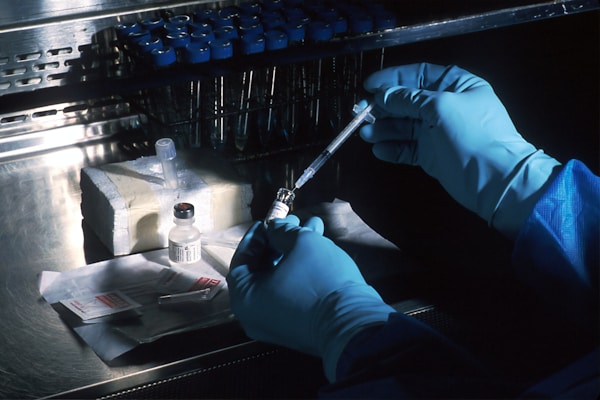If you’re like most people, you spend a lot of time thinking about the future. What will you do when you retire? Where will you live? What will your life be like? But have you ever stopped to think about how your past can influence your future? It turns out, your past can tell you a lot about your future. Keep reading to learn more about how your past can influence your future.
Looking at Your Childhood and Upbringing

Looking at your childhood and upbringing can tell you a lot about your future. Your family life, the type of household you grew up in, and the relationships you had with your parents and siblings can all provide clues about the type of adult you are likely to become. For example, if you grew up in a chaotic or unstable home environment, it’s likely that you will struggle more as an adult to create stability in your own life. Conversely, if you had a supportive and nurturing family life, you’re more likely to be happier and more successful as an adult. Additionally, the way your parents interacted with each other and with you can also provide clues about how you handle relationships as an adult. If your parents were constantly fighting or neglectful, it’s likely that you will have difficulty forming healthy relationships as an adult. However, if your parents were loving and supportive, it’s likely that you will be better equipped to form meaningful connections with others.
If you’re interested in learning more about early childhood development, you may want to pursue a career in this field. You can get an associates in early childhood education and use this online program to advance your education and learn more about young children and child development. An associate’s degree in early childhood education can prepare graduates for a career in teaching young students. Coursework typically covers child development, teaching methods, and classroom management. After completing an associate’s degree, many graduates choose to pursue a bachelor’s degree in early childhood education or a related field.
Analyzing Your Relationship Patterns
Past experiences in relationships shape how you approach future ones. For example, if you have repeatedly been cheated on in past relationships, you may be more guarded and suspicious in your next relationship. Alternatively, if you have always had healthy and fulfilling relationships, you may be more likely to seek out similar relationships in the future. Some people may find it helpful to examine the different types of relationships they have been in (e.g., intimate partner relationships, friendships, family dynamics), while others may prefer to look at specific issues that arose in past relationships (e.g., communication difficulties, trust issues). Ultimately, by understanding your past relationship patterns, you can develop a better sense of what you need and want from future relationships. This information can then help guide your choices when it comes time to find a new partner or rekindle an old flame.
Genetic Testing

Genetic testing can provide insight into your future health by looking at your DNA. This test looks at specific gene variants that are associated with an increased risk for developing certain diseases, traits, or behaviors. For example, if you have a family history of cancer, you may want to consider getting a genome DNA test to see if you have any gene variants that increase your risk for cancer. Knowing this information can help you make decisions about your health care and allow you to take steps to reduce your risk for disease. Overall, genetic testing provides valuable information about both your current and future health.
Overall, the book provides a comprehensive overview of the importance of understanding one’s past in order to better understand one’s future. The book provides a variety of examples and case studies to illustrate how past experiences can inform future decisions and actions.




